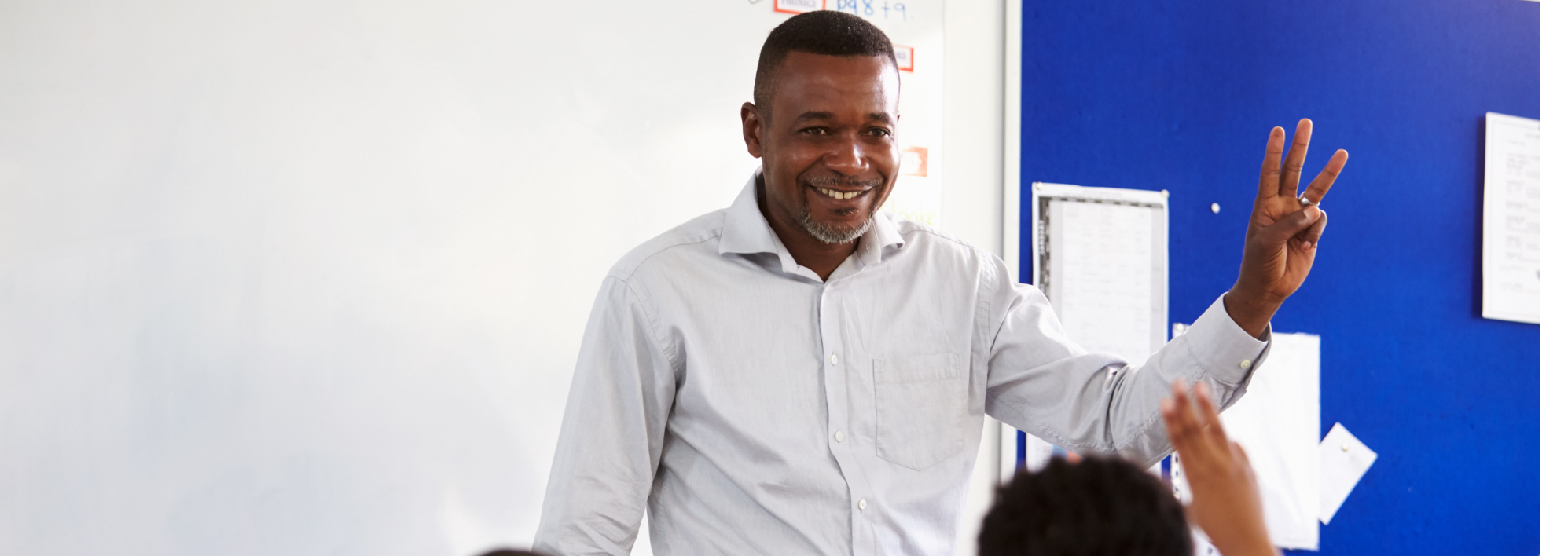Paradoxically, being at home for twelve months has made the world more accessible for those students, who have access to a solid internet connection. Virtual field trips, virtual concerts and museum visits have opened the doors of possibility for intercultural understanding. Nowhere is this more relevant than in the language classroom, where an insight into culture so often piques curiosity and heightens motivation. Many of the Zoomers that we are currently working with are sophisticated, passionate, socially aware beings. They are collaborative, forward looking and cooperative.
How, as teachers, we can awaken our students’ curiosity and passion, easing our students away from screens and back into vibrant social exchange, all the while, at times, attempting to harness their highly developed digital knowledge?
Here are five simple ideas to bring German back to life in the classroom.
1. Go for zany content
In Echt, we tried very hard to move away from the tired and ordinary. Students like quirkiness.
German speaking countries offer a plethora of ‘off the wall’ culture, (literally). Victor Ash’s Astronaut/Cosmonaut for example, in Berlin-Kreuzberg.
A simple image makes for questions in German at any level.
Beginners: colour, number, opinion.
Preparation for the GCSE oral exam: Was siehst du auf dem Foto?
Wie findest du diese Figur?
Möchtest du in diesem Gebäude wohnen?
Warum?
Warum nicht?
A level: Deiner Meinung nach, was bedeutet diese Kunstwerk?
Warum dieser Titel?
Welche Rolle spielt Kunst im Leben von Jugendlichen in Deutschland, Österreich oder der Schweiz?
2 Go on a virtual journey!
Embark on a research project culminating in short video presentations. Having been confined, people are longing to travel. One way to get students out of their confinement mindset is to have them look beyond their day to day.
This can work at a beginner or a more advanced level, using word strips and word mats as scaffolding. The final productive outcome could be a Flipgrid video, which students record to showcase their chosen destination. Students then watch and respond to a specified number of peer videos by creating a hashtag in German and recording their opinion of the experience offered.
Beginner level: noun and modal verb focus
Focus the activity by giving places to research:
Reiseziel – Zell am See, Stuttgart, Weimar, Genf, Andorra, Garmisch-Partenkirchen, Salzburg, Feldkirch, Friedrichshafen…
Scaffold using list titles: Highlights und Aktivitäten
And structures: Möchten Sie … besuchen?
Was kann man hier sehen?
Man kann…
Was kann man hier tun?
Man kann…
Focus the answers on reactions:
#Wahnsinn # Cool #Totalsuper
GCSE level: Topic Travel and Tourism.
The verb focus could be the conditional: ‘würde’ with infinitive.
3 Play socially distanced ‘Splat’
Get your wipes out and sanitize your flyswatters! Splat can be played in two teams, with students working together and one student at the front of the class ‘splatting’ for each team.
Reawaken our students’ verb conjugating muscles by offering an infinitive and a number of tenses written on your board.
kaufen – present, future, perfect
Add an element of choice with students choosing the tense and then require them to make a full sentence with a fully conjugated verb. Students splat the tense chosen, then say a sentence out loud with the verb correctly conjugated.
Again, this is adaptable to all levels.
Beginners: one verb, different persons.
GCSE: one verb, different tenses, different persons.
Splat is always a great game for open ended topic vocabulary reawakening. You can add three vocabulary items, the student must swat one with the flyswat and include that item in their sentence. Hours of fun!
4 Play ‘Beep’!
Beep is a great game played in pairs. Through the pandemic, students have learned to be quiet. This is a good way to make them talk without having to put them majorly on the spot. It also provides good pronunciation practice. Keep students on their toes by timing the activity and changing the frequency of the word to be beeped every forty seconds.
Example:
From Echt 1, Unit 5 – Das perfekte Fondue.
In der Schweiz macht man das perfekte Käsefondue. Man muss Gruyere und Vacherin, Emmentaler und Appenzeller nehmen. Der Fase muss gut schmelzen.
Dann braucht man Wein und Gewürze dazu. Cremig und lecker! Brot eintauchen macht Spaß!
Beep frequency = every four words.
Student A: reads three words and when they arrive at the fourth word, says ‘BEEP’.
Student B: follows along and must provide the word beeped out.
After two minutes, switch roles, so student A is listening and reacting and student B is reading.
This works with any text at any level and is an excellent, if noisy, starter activity.
5 Lockdown Lyrik
Have your students write their own lockdown poems:
corona morgen
vor meinem fenster liegt eine halbe welt
januarkalt ist die und in dem park hinter der
mauer bellt ein hund
fällt heute endlich schnee
ich wache in den langen tag hinein in
wolkenvolle dunkelheit
fiele doch heute schnee
ich stell die lampe an drücke
die anmachtaste vom computer der neben
mir im bett liegt schon seit tagen
jetzt fangen die glocken an zu läuten
und dann fängt es immer noch nicht an zu schneien
und ich denke an die telefongespräche von gestern
und dann daran wen ich heute mal anrufen kann vor
meinem fenster liegt eine halbe welt
© 2021 Sabine Schiffner, Köln
(Redaktion: Fritz Deppert, Alex Dreppec und Anton G. Leitner)
Poems can range from a simple list of pandemic objects, to a poem about daily routine in lockdown, to big feelings about loss. Alternatively, take the first and last line of Sabine Schiffner’s poem and create the text to go in between.
Fun and games and a little bit of research can go a long way to rebooting the language learning process.
Anneli McLachlan is Campus Director at the International School of Los Angeles and an author on Echt, our brand new German series for KS3 students.


